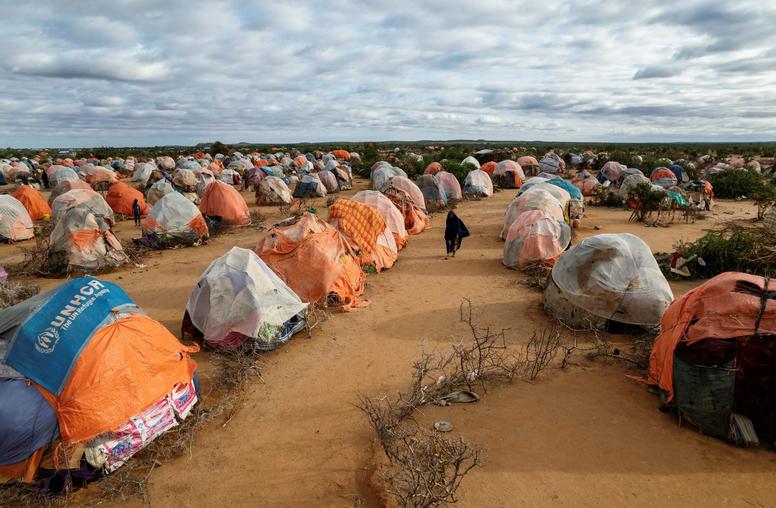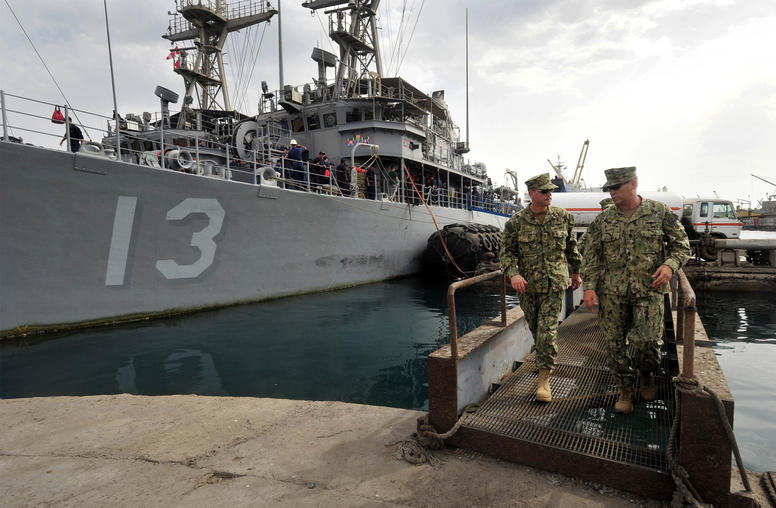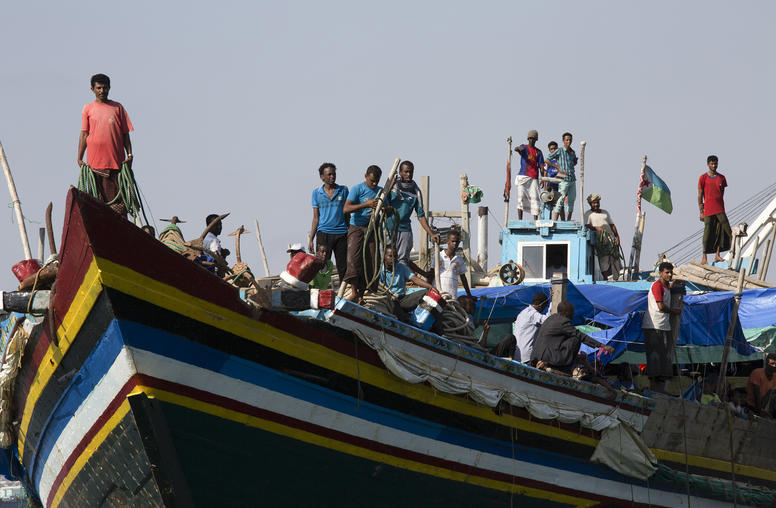U.S.Relations with the Muslim World
USIP, CSID, George Mason and ISESCO co-hosted this day-long conference examining America's relations with the Muslim world one year after President Obama's Cairo speech.
This USIP co-sponsored event examined U.S. relations with the Muslim world one year after President Obama's pivotal speech at Cairo University. Speakers included Oxford professor Tariq Ramadan, Special Representative to Muslim Communities Farah Pandith, and U. S. Special Envoy to the Organization of the Islamic Conference Rashad Hussain. USIP specialists Abiodun Williams, Daniel Brumberg and Mona Yacoubian also participated in the event.
Explore Further
- Watch VIDEO from the conference.
- Download the full event agenda (PDF/412 KB)
Preliminary Program
8:00 a.m. - 8:30 a.m. Registration
8:30 a.m. - 9:00 a.m. Welcoming Remarks
- Peter Mandaville
Chair, Program Committee - Radwan Masmoudi
CSID President
9:00 a.m. - 10:30 a.m. Panel 1: Plenary Session Roundtable: Perspectives on Muslim Engagement featuring Farah Pandith
- Peter Mandaville, Chair
George Mason University - Farah Pandith
Special Representative to Muslim Communities, U.S. Department of State - Marc Lynch, respondent
George Washington University - Emile Nakhleh, respondent
Independent scholar - Brian Katulis, respondent
The Center for American Progress - Daniel Brumberg, Respondent
U.S. Institute of Peace
10:30 a.m. - 11:00 a.m. Coffee Break
11:00 a.m. - 12:30 p.m. Parallel Session 1: Muslim Perceptions & Public Opinion
- Abiodun Williams, Chair
Vice President, Conflict Prevention and Analysis, U.S. Institute of Peace - “Views of the U.S. in Post-Jihadist Thought”
Omar Ashour, University of Exeter - “Muslim publics' views of the U.S.”
Steven Kull, Worldpublicopinion.org - “A Nigerian Perspective on the Cairo Speech”
Chloe Berwind-Dart, Cherish Foundation - “New Approaches to Public Diplomacy in the Muslim World”
Kristin Lord, Center for a New American Security
11:00 a.m. - 12:30 p.m. Parallel Session 2: Islam, Human Rights, and Development
- Mona Yacoubian, Chair
U.S. Institute of Peace - “The Obama Administration and Islamic Human Rights”
Satoshi Ikeuchi, University of Tokyo - “Arab Youth Development in U.S.-Muslim Engagement”
Oliver Wilcox & Chris Carneal, U.S. Agency for International Development, Middle East Bureau - “Political Islam and U.S. Foreign Policy in the Obama Era”
Halim Rane, Griffith University - “Constructing Political Islam as the New Other”
Corinna Mullin, School of Oriental & African Studies
12:30 p.m. - 2:00 p.m. Keynote Luncheon: Prospects for Improved Relations and Understanding Between the U.S. and the Muslim World
- Congressman Keith Ellison (D-MN)
- Tariq Ramadan
Oxford University - Reza Aslan
University of California, Riverside
2:00 p.m. - 3:30 p.m. Plenary Session Amphitheater: Dialogue with Political Islamists
- Daniel Brumberg, Moderator
United States Institute of Peace - Mustapha Khalfi
Justice & Development Party, Morocco - Zineddine Tebbal,
Movement for the Society of Peace, Algeria - Salah Ali Abdulrahman
Islah Movement, Bahrain - Quinn Mecham, Respondent
Professor, Middlebury College
Professor, George Washington University
Franklin Fellow, Policy Planning, U.S. Department of State
3:30 p.m. - 4:00 p.m. Coffee Break
4:00 p.m. - 5:30 p.m. Parallel Session 3: Voices from the Middle East
- Emad El-Din Shahin, Chair
University of Notre Dame - “Civil Society Organizations as Actors of Change in the MENA Region: Potentialities and Challenges”
Nabila Hamza, Foundation for the Future, Amman, Jordan - “The U.S. Image among Arab’s New Generation: Finding and Recommendations from Experimental Research”
Moataz A. Fattah, Cairo University & Central Michigan University - “Back to the Spirit of the Cairo Speech: From Marshall Plan to Obama Plan”
Alaya Allani, University of Tunis - "Taliban’s Islamic State, Obama’s Olive Branch and Democracy in the Muslim World: An Examination of Governance in Contemporary Pakistan"
Abdullah Al-Ahsan, International Islamic University, Malaysia
4:00 p.m. - 5:30 p.m. Parallel Session 4: Democracy & Democracy Promotion
- Asma Afsaruddin, Chair
Indiana University - “Evaluating Obama’s Contributions to Iran’s Democratic Opposition”
Laila Taraghi, University of Arkansas - “The Role of the U.S. in Encouraging Pro-Democracy Movements”
Stephen Zunes, University of San Francisco - “Applying Sustainable Democracy Promotion to the Muslim World”
Eric Patterson, Berkley Center for Religion, Peace & World Affairs - "Challenges to Integrating Democracy Promotion in U.S. Policy in Afghanistan and Pakistan"
Brian Katulis, The Center for American Progress
5:30 p.m. - 6:30 p.m. Concluding Keynote: Building Bridges of Understanding Between America and Muslim Majority States
- Rashad Hussain
U. S. Special Envoy to the Organization of the Islamic Conference



